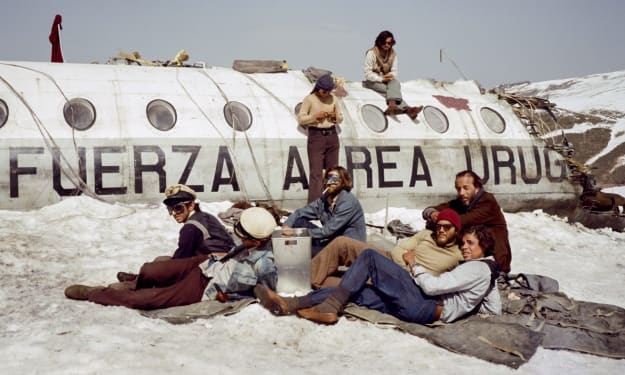KASHMIR ISSUE AND STEPS TO RESOLVE IT
THE CONFLICT BETWEEN TWO ASIAN GIANTS

The Kashmir issue is one of the most long-standing and controversial territorial disputes in the world. The dispute centers around the Indian-administered region of Jammu and Kashmir, which is also claimed by Pakistan. The dispute has been ongoing since the partition of India in 1947 and has resulted in numerous conflicts and wars between the two countries.
The Kashmir region has a complex history that dates back to ancient times, with various dynasties and empires ruling the area over the centuries. In 1846, the region came under the control of the Sikh Empire, but after the British East India Company defeated the Sikhs in 1846, the region became part of British India. When India gained independence from Britain in 1947, the region was divided into two parts: India-administered Jammu and Kashmir, and Pakistan-administered Azad Jammu and Kashmir and Gilgit-Baltistan.
The partition of India was accompanied by widespread violence, with millions of people being uprooted from their homes and tens of thousands being killed. The Kashmir issue emerged as a result of the partition, with both India and Pakistan claiming the region as their own. India argues that the region is an integral part of its territory, while Pakistan claims that the region is rightfully part of its own territory.
The dispute has resulted in several wars and conflicts between India and Pakistan, the most recent of which occurred in February 2019, when Indian and Pakistani forces clashed in the disputed region. The conflict resulted in the deaths of several soldiers on both sides, and tensions between the two countries remain high.
The Kashmir dispute is complicated by the fact that it has a religious dimension. The majority of the population in the region is Muslim, and Pakistan argues that the region should be part of its territory because it has a Muslim majority. India, on the other hand, argues that the region should remain part of its territory because it is a secular democracy that respects the rights of all religions.
The dispute has also had a significant impact on the people who live in the region. The conflict has resulted in human rights abuses, including the use of torture, extrajudicial killings, and the disappearance of people. The conflict has also led to the displacement of thousands of people, with many fleeing their homes to escape the violence.
The international community has attempted to intervene in the dispute, with the United Nations passing several resolutions on the issue. The UN has called for a referendum to be held in the region to determine its future, but this has not been implemented due to the opposition of both India and Pakistan.
The Kashmir issue is one of the most intractable and complex conflicts in the world. It is a dispute that is fueled by historical, religious, and territorial issues, and has resulted in the loss of thousands of lives and the displacement of thousands more. The international community must continue to work towards a peaceful resolution of the conflict, one that respects the rights and aspirations of the people who live in the region.
- Here are some steps that could be taken to resolve the Kashmir issue:
Dialogue and Negotiation: The first and most important step towards resolving the Kashmir issue is for both India and Pakistan to engage in a meaningful and sustained dialogue. Both countries need to sit down and have an open and frank discussion about their respective positions and interests. Dialogue is necessary to build trust, reduce tensions, and find a mutually acceptable solution to the dispute.
Involvement of Kashmiri People: Any resolution to the Kashmir issue must involve the people of the region. The people of Kashmir must be given a voice in the negotiations and be allowed to express their views on the issue. Their concerns and aspirations must be taken into account when devising a solution.
Ceasefire and Confidence-Building Measures: India and Pakistan must agree to a ceasefire and take steps to reduce tensions and build confidence. Confidence-building measures could include the release of prisoners, the lifting of trade restrictions, and the easing of travel restrictions.
International Involvement: The international community must play a more active role in resolving the Kashmir issue. The United Nations and other international organizations can provide mediation and facilitation services to help India and Pakistan reach a resolution. The international community can also provide support for economic and social development in the region.
Creative Solutions: India and Pakistan need to think creatively about solutions to the Kashmir issue. They could explore options such as a joint administration of the region, or granting greater autonomy to the region while still maintaining its status as part of India. They could also consider the possibility of holding a referendum in the region to determine its future status.
Addressing Human Rights Abuses: The issue of human rights abuses in the region must be addressed. Both India and Pakistan must ensure that the human rights of the people in the region are protected and that those responsible for human rights abuses are held accountable.





Comments
There are no comments for this story
Be the first to respond and start the conversation.